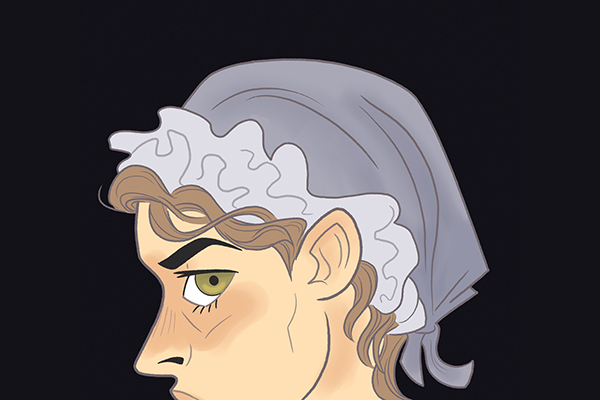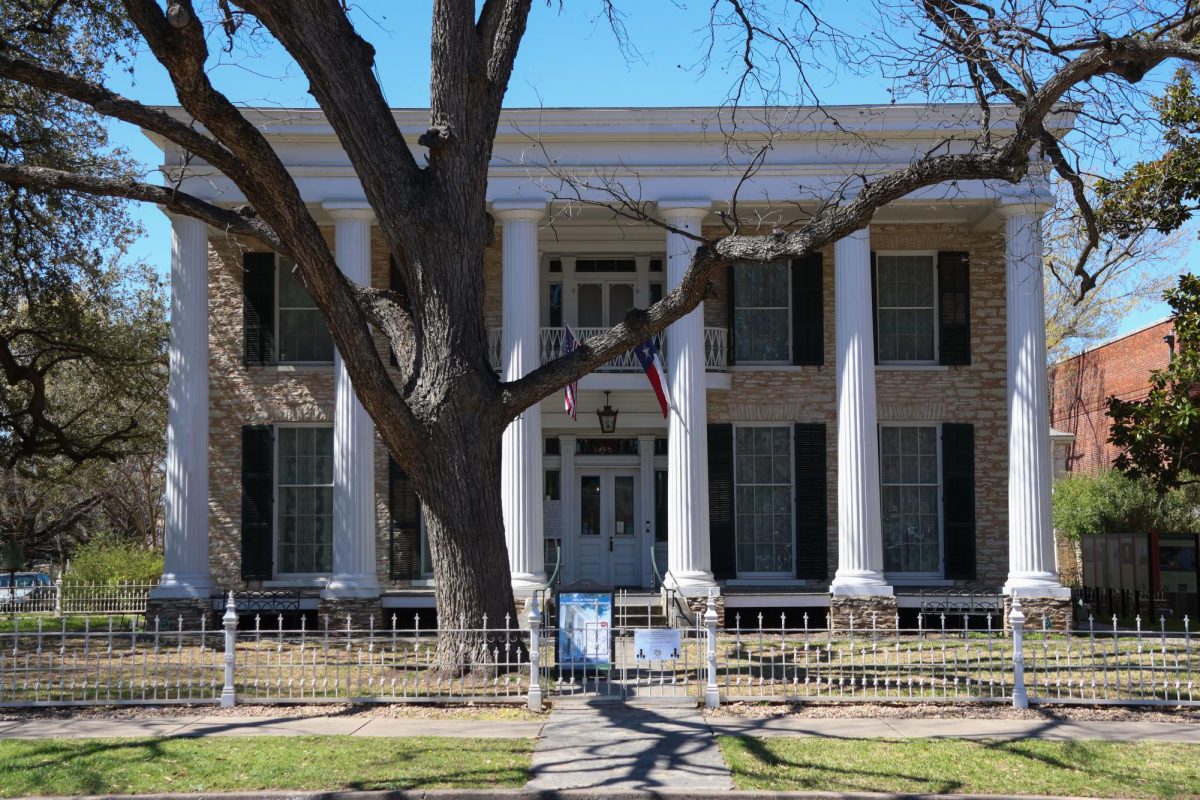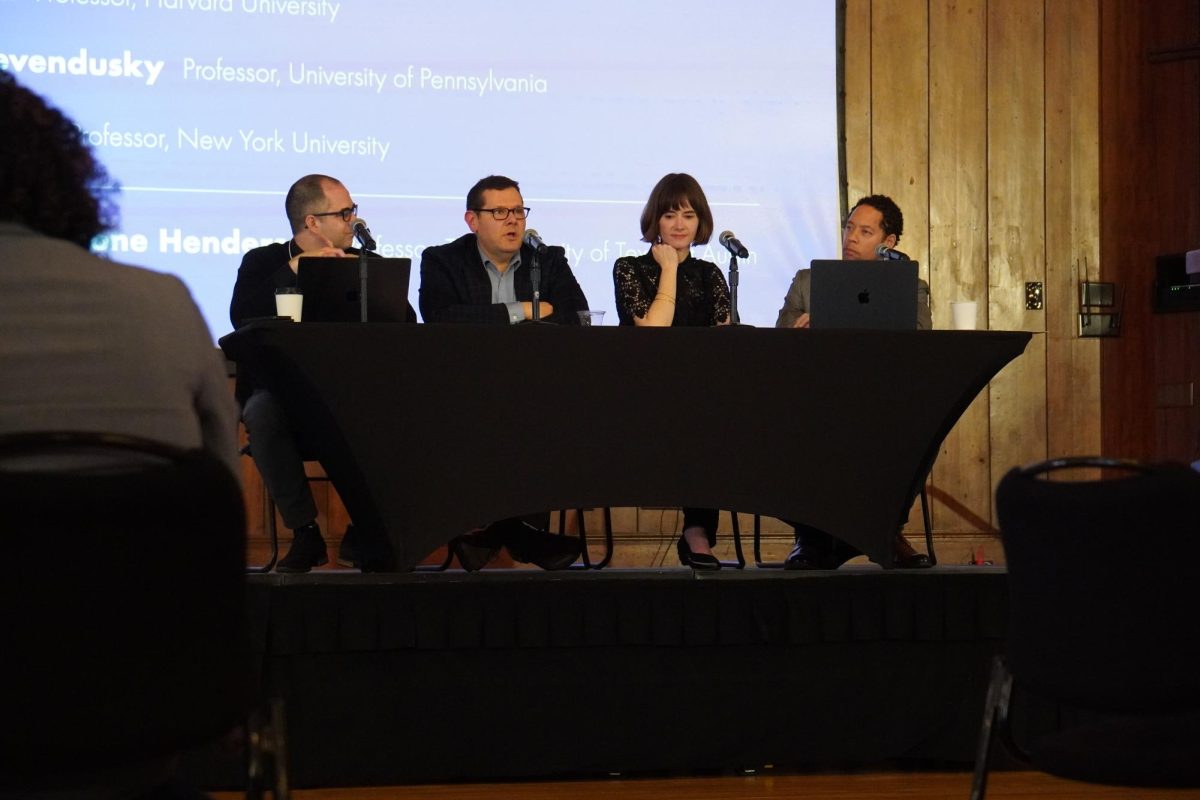The Harry Ransom Center’s collection now includes an original document recounting the testimonies that lead to the execution of 100 women branded as witches in 17th century England.
The pamphlet documents the start of the Essex witch hunts in 1645, where women were accused of witchcraft more than 40 years before the Salem Witch Trials. The pamphlet was designed to spark fear and outrage against the accused, said Aaron Pratt, the Carl and Lily Pforzheimer Curator of Early Books and Manuscripts lecturer.
“The history of persecution is something that is sadly timeless,” Pratt said. “This is a document that is thinking about how … fears about people in a community can generate quite extreme behavior and can lead to death.”
Pratt said the testimonies included in the 44-page pamphlet describe the accusations against the so-called witches, including an 80-year old accused of engaging in a six-year intimate relationship with the devil. He said such “scandalous” claims were unlikely to have been believed by everyone, but they were enough to upend the community.
“Once the witch hunt sort of gets off the ground in Essex, it seems to have this momentum, like it’s a ball of outrage and persecution rolling down the hill,” Pratt said.
Pratt said Matthew Hopkins dubbed himself Witch-Finder General and led the persecution efforts with his assistant. He said Hopkins’ willingness to make up narratives and pressure people to confess gave him authority.
Mechanical engineering senior Seth Husband said learning about the witch trials and men such as Hopkins is an important lesson.
“I would say that (learning about the trials) can help prevent this whole mob mentality (and) this piggybacking on an idea or cause without any sort of justifiable source,” Husband said.
History professor Julie Hardwick said the pamphlet will be a great resource in her spring course Witches, Workers and Wives. The mass prosecution of the witch hunt is an important recurring historical phenomenon for students to understand, she said.
“It really shows how there’s a kind of vulnerability in societies for this kind of prosecution to develop,” Hardwick said. “It’s really valuable for students to explore the phenomenon in itself … but also because of that vulnerability being embedded in all societies. That’s not something that just happens in some evil place far away.”
The pamphlet is not yet cataloged, but interested students can contact Pratt to see it in the center’s Reading and Viewing Room.





















